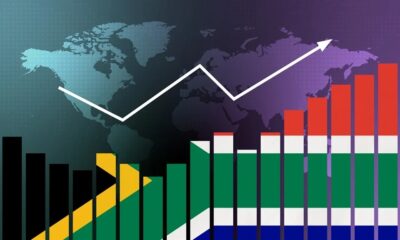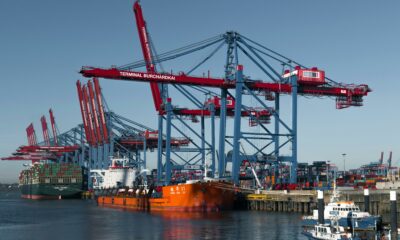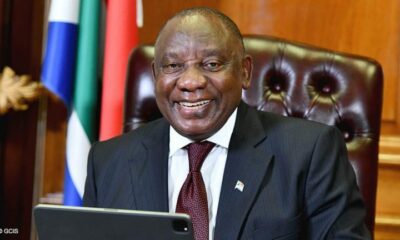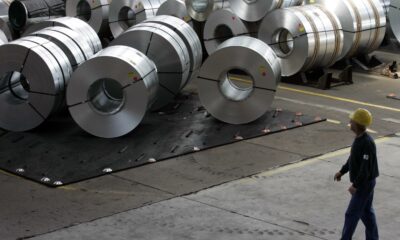News
Ramaphosa Blames Apartheid, Not BEE, for South Africa’s Stagnant Economy
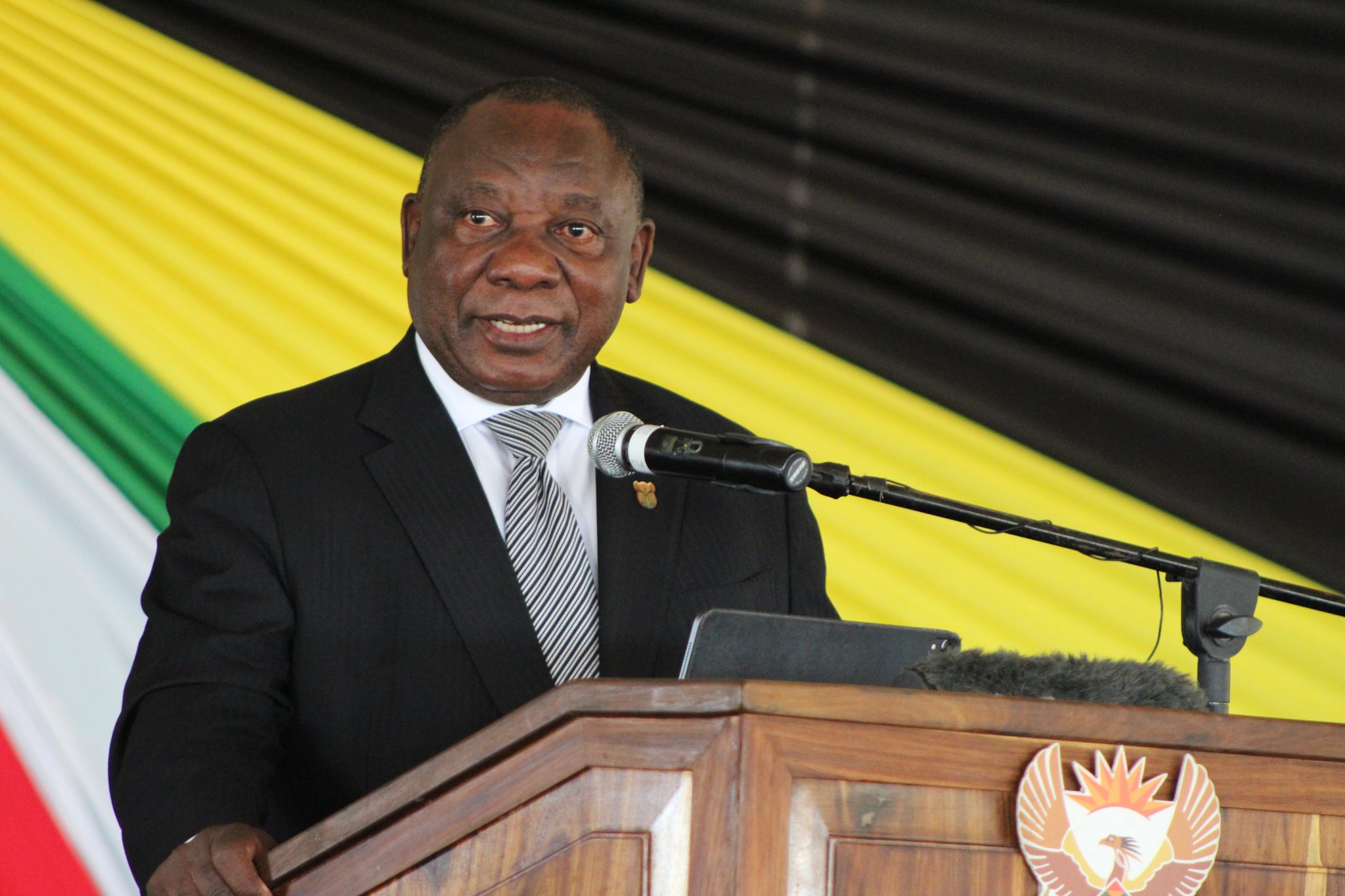
Why the President is standing firm on transformation even as critics blame empowerment for low growth
South Africa’s economy in 2025 isn’t growing like it should. That much is agreed upon by economists, politicians, and everyday citizens feeling the pinch. But the big debate this week? Who or what is to blame. President Cyril Ramaphosa made it clear in Parliament: it’s apartheid, not Black Economic Empowerment (BEE), that’s holding the country back.
A Legacy That Still Shapes the Present
Ramaphosa didn’t mince words. Speaking in a parliamentary Q&A, he pushed back against growing criticism of BEE and other transformation policies. “I am always surprised when I hear that BEE policies are seen as anti-growth,” he said. “Our economy was held back for decades by the racist policies of the past.”
For the President, the roots of stagnation run deep. Under apartheid, black South Africans were denied ownership, education, and opportunities to build wealth. “They weren’t seen as consumers, let alone as economic players,” he said.
In other words, South Africa started its democratic era in 1994 with a fractured foundation. The President’s view is that unless this historic imbalance is corrected, through land reform, education upgrades, and policies like BEE—the economy will remain stuck in neutral.
What the Numbers Say
Ramaphosa’s comments come at a time when South Africa is facing stagnant growth, double-digit unemployment, and mounting inequality. The rand has lost 400% of its value since 1994, meaning R1 then is worth roughly R5 now. More than 18 million people close to half the population rely on social grants from SASSA just to survive.
At the same time, ownership of the country’s wealth remains highly unequal. According to the IMF, a “small group of privileged white people” still own the bulk of productive assets, even three decades after democracy.
Critics of BEE Speak Out
But not everyone agrees with Ramaphosa’s analysis. Critics, including institutions like the World Bank, argue that while BEE may be well-meaning, its execution has been costly. Some say it’s scared off investors and led to bloated, inefficient state institutions vulnerable to corruption, especially during the Zuma years.
“Today, these interventions have become so cumbersome that they smother the implementation capacity of the public administration,” noted the World Bank in a recent assessment.
Others point to how transformation targets sometimes lead to political appointments instead of qualified hires, or how procurement rules are abused for kickbacks.
Social Media Reacts: ‘BEE vs. Brain Drain’
On platforms like X (formerly Twitter), the debate has exploded. Some users side with the President, calling for patience and long-term thinking.
“You can’t fix 300 years of dispossession in 30. Let BEE do its work.” – @MzansiMatters
Others are more critical.
“BEE is benefiting a politically connected few while the rest of us hustle for jobs that don’t exist.” – @Kay_Mahlangu
Still, there’s a growing chorus asking whether BEE in its current form truly serves the poor—or just a new elite.
A Need for Balance
Education experts say the economic argument can’t be separated from education reform. “Bantu education was designed to produce obedience, not innovation,” said Professor Mary Metcalfe, echoing Ramaphosa’s call to overhaul the system. Skills shortages continue to hamper productivity and hiring.
Meanwhile, Ramaphosa also made a passionate call for land reform, not as a punishment to current landowners, but as a necessary healing process. “We need to fix the harm of forced removals and dispossession,” he said.
The Bigger Picture
This isn’t just a policy debate it’s a national identity issue. Can South Africa build a just economy without compromising efficiency? Can transformation and growth walk hand-in-hand?
The truth probably lies somewhere in between. As the country nears the 31-year mark of democracy, the painful legacy of apartheid still casts a long shadow. But without addressing inefficiencies and corruption, transformation policies might not go far enough to lift the majority.
One thing is clear: the conversation is far from over.
What’s your take on BEE and South Africa’s economic challenges? Is the President right, or do we need a new approach to transformation?
Ramaphosa Doubles Down on BBBEE: Transformation Is Non-Negotiable, He Says
{Source: The South African}
Follow Joburg ETC on Facebook, Twitter , TikTok and Instagram
For more News in Johannesburg, visit joburgetc.com

